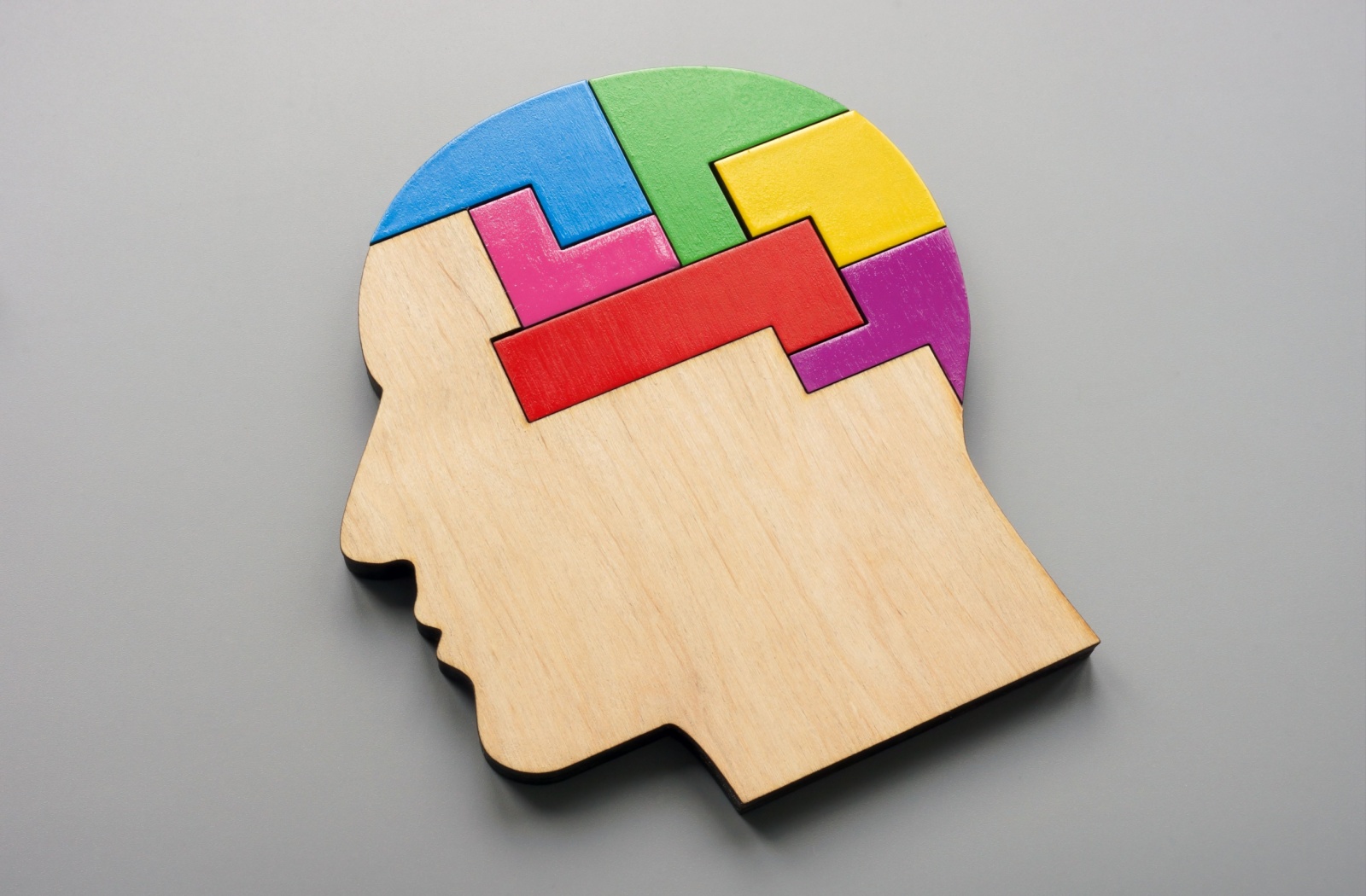Alzheimer’s disease is a progressive and degenerative brain disorder that affects a person’s memory, thinking, and behavior. It’s the most common form of dementia, a general term used to describe declines in cognitive function severe enough to interfere with daily life.
Alzheimer’s is often called a “silent thief” because it gradually robs a person of their memory, personality, and ability to perform basic tasks. Understanding the stages of Alzheimer’s can help families and caregivers prepare for the changes their loved ones may experience.
Stage 1: No Impairment
In the first stage of Alzheimer’s, people show no noticeable symptoms of the disease.
They function normally in their everyday life, and their cognitive abilities, including memory, reasoning, and decision-making, are unaffected. A complete absence of symptoms often characterizes this stage, and those living with the condition are not yet aware of changes in their health.
A diagnosis is typically not made at this point, as no cognitive decline is apparent.
Stage 2: Very Mild Cognitive Decline
Subtle signs of cognitive decline mark the second stage.
The person may begin to experience mild memory lapses, such as forgetting the names of acquaintances, misplacing objects, or having difficulty recalling recent events. These memory lapses are often dismissed as part of normal aging, and many people in this stage don’t seek medical help because they assume that these changes are typical for their age.
However, for those with Alzheimer’s, these lapses are early signs that the disease may be beginning to take hold.
Stage 3: Mild Cognitive Decline
In this stage, memory problems become more apparent to individuals, their family members, and their close friends.
People may need help recalling names, they may forget appointments, and they may have difficulty with complex tasks that were once easy to manage. They may also experience challenges with organizational skills, such as managing finances or following multi-step instructions.
This stage can be particularly difficult for a senior and their family. It’s often the first point at which a person senses that something is wrong. It’s during stage 3 that people often seek a formal diagnosis from a doctor or specialist.
Stage 4: Moderate Cognitive Decline (Mild Alzheimer’s)
By stage 4, memory loss and cognitive decline become more pronounced. Those living with the condition may forget important personal information, such as their address, phone number, or the names of close family members. They may struggle to manage daily tasks, such as paying bills or preparing meals, and they might experience confusion in familiar surroundings.
It’s common for people in this stage to have trouble remembering recent events, and they may need help with tasks like grocery shopping, cooking, and maintaining personal hygiene. Mood changes can also occur, with feelings of anxiety, depression, or frustration becoming more evident. During this stage, seniors often need more hands-on help and monitoring for their safety and well-being.
Stage 5: Moderately Severe Cognitive Decline (Moderate Alzheimer’s)
At this stage, the cognitive decline becomes more severe. Individuals will need increasing levels of assistance with everyday tasks. They may forget the names of family members or have difficulty recognizing friends and loved ones.
Personal care, such as dressing, grooming, and bathing, can become challenging, and assistance may be needed with these tasks. People in stage 5 of Alzheimer’s may also experience a significant decline in their ability to recall recent events and their awareness of time. Confusion about the day of the week, the month, or the year is common.
At this stage, seniors may also struggle with basic reasoning skills. This makes conversations, managing finances, or making decisions more challenging. The emotional and behavioral changes that are often seen in this stage can cause distress for both the person with Alzheimer’s as well as their caregivers.
Stage 6: Severe Cognitive Decline (Severe Alzheimer’s)
In this stage, the person’s memory continues to decline rapidly, and they will likely lose the ability to recognize loved ones. Communication becomes more challenging, with many people needing help speaking or understanding words.
Those in stage 6 may lose the ability to perform basic activities of daily living (ADLs) and will need help with all personal care, including eating, dressing, and toileting. Incontinence may also result. People in this stage may also exhibit changes in behavior, such as restlessness, agitation, or hallucinations. As their cognitive abilities decline, they may require round-the-clock care to ensure their physical and emotional needs are met.
Stage 7: Very Severe Cognitive Decline (End-Stage Alzheimer’s)
In the final stage of Alzheimer’s, the person may lose the ability to respond to their environment, communicate, or control their bodily functions.
Most seniors with Alzheimer’s in this stage are bedridden, unable to move without assistance and reliant on caregivers for basic needs such as eating, drinking, and toileting. At this stage, the person may be unable to recognize loved ones or respond to external stimuli like sound or touch.
While the disease continues to affect the brain, it’s important to remember that even those with late stage dementia may still experience moments of recognition or emotional connection, although these may be few and far between. End-of-life care becomes a primary concern in this stage, with an emphasis on comfort and quality of life.
Supporting Your Loved One Through the Stages of Alzheimer’s
At All American Assisted Living at Wareham, we understand how challenging it can be to care for a loved one with Alzheimer’s, which is why we offer specialized care and support for those living with dementia. Our compassionate staff is trained to provide personalized care that meets each resident’s unique needs, ensuring that they receive the right level of assistance and care at every stage of the disease. Contact us today to find out more about our memory care services.





